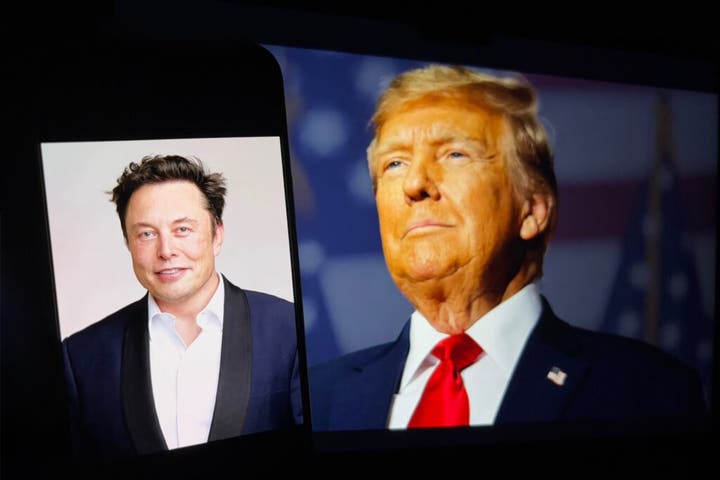Elon Musk, the CEO of Tesla Inc., has decided to pause his plans for the “America Party,” a political initiative aimed at attracting dissatisfied voters in the United States. This decision, reported by The Wall Street Journal, reflects Musk’s desire to avoid alienating influential figures within the Republican Party, particularly Vice President JD Vance, who is seen as a potential successor to the MAGA movement.
Musk’s shift in focus back to his business interests marks a significant change from his earlier intentions announced in July 2025. At that time, he expressed enthusiasm for creating a new political party to engage voters feeling disenchanted with the current political landscape. As he reassesses his political ambitions, Musk has maintained regular communication with Vance, acknowledging that pursuing a party could negatively impact their relationship.
Despite this pause, Musk has not completely ruled out the idea of forming a new political party. There is potential for him to revisit this notion as the midterm elections approach. However, his team has yet to initiate contact with key supporters who could have assisted in securing ballot access in crucial states. The absence of a third-party candidate may ultimately benefit Republicans, as third parties traditionally draw votes away from the two major parties.
Musk’s political aspirations gained attention following his public disagreement with former President Donald Trump over the “Big, Beautiful Bill.” Interestingly, just days prior to his announcement of a third-party bid, Musk donated $15 million to Trump and the GOP. His political action committee (PAC) had also invested millions in a pro-Trump advertising campaign, illustrating his previous alignment with Republican interests.
In light of recent developments, Trump has publicly supported Musk, referring to him as a “good person.” Vance has similarly expressed optimism that Musk will rejoin the MAGA movement before the upcoming elections.
The timing of Musk’s decision coincides with Trump’s rollback of the $7,500 federal electric vehicle (EV) credit and the relaxation of CAFE standards, which pose challenges for Tesla. The company has already seen a decline in global sales, raising concerns about its future performance. On the flip side, Trump’s executive order loosening space regulations may provide advantages for Musk’s venture, SpaceX.
Musk’s evolving political landscape serves as a reminder of the intricate relationship between business and politics, particularly as figures like him navigate their roles in both arenas. As the midterm elections draw closer, the dynamics of these relationships will be closely watched, both by political analysts and industry stakeholders.





































































